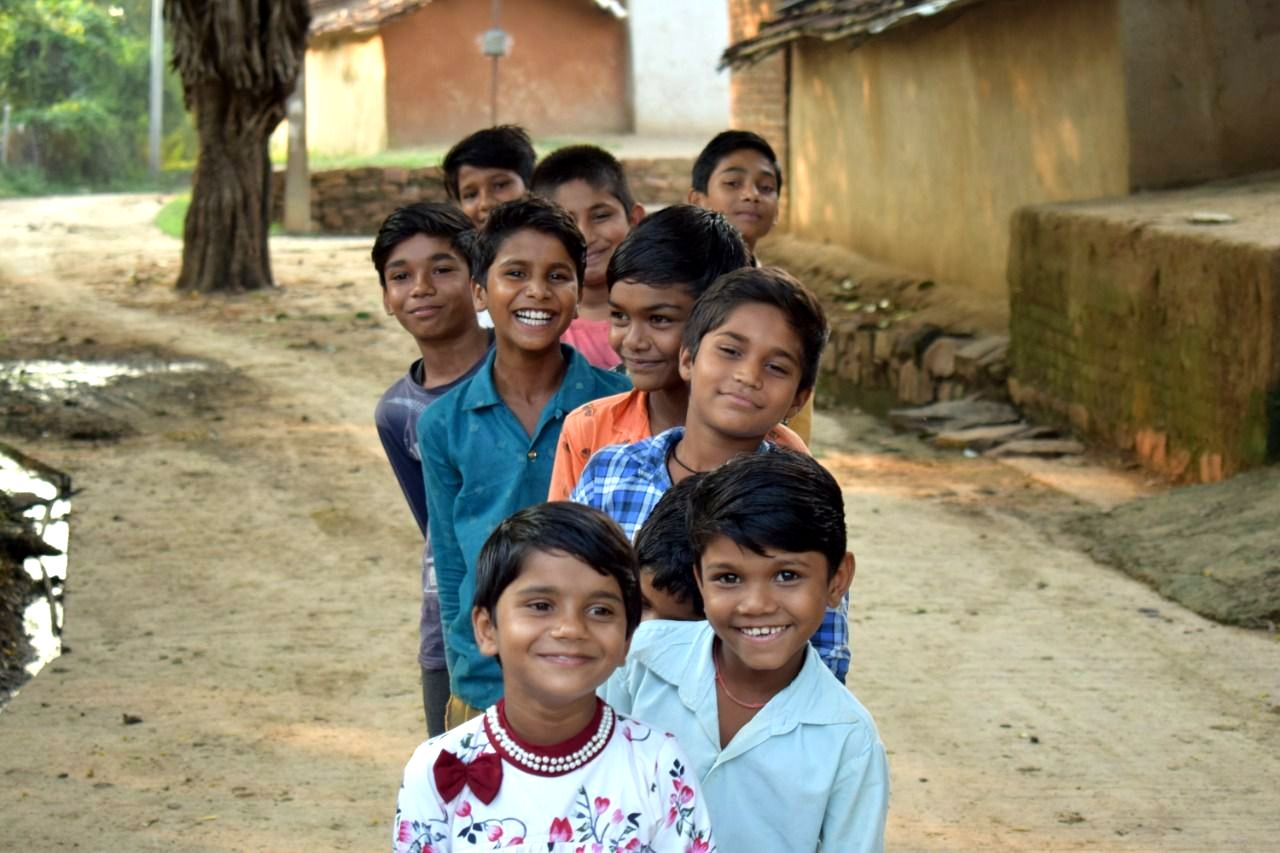
The ASEAN Regional Forum (ARF) is a diplomatic and security forum in the Asia-Pacific region that aims to promote regional cooperation and dialogue on political and security issues. Established in 1994, the ARF is the premier multilateral security forum in the region and consists of 27 member states, including ASEAN member countries and major regional powers.
The ARF serves as a platform for dialogue and consultation on a wide range of security issues, including traditional and non-traditional security challenges. Its objectives include promoting trust and confidence among member states, fostering preventive diplomacy, and enhancing regional security cooperation.
Membership and Structure:
The ARF comprises 27 member states, including the ten ASEAN member countries (Brunei, Cambodia, Indonesia, Laos, Malaysia, Myanmar, Philippines, Singapore, Thailand, and Vietnam) and seventeen other countries: Australia, Bangladesh, Canada, China, European Union, India, Japan, North Korea, South Korea, Mongolia, New Zealand, Pakistan, Papua New Guinea, Russia, Sri Lanka, Timor-Leste, and the United States.
The forum operates on the principle of consensus and decisions are made through consultation and dialogue. The ARF's activities are coordinated by the ASEAN Secretariat, and the chairmanship rotates annually among the member states.
Objectives and Principles:
The ARF's primary objective is to promote regional peace and stability through dialogue and cooperation. It aims to enhance mutual trust and confidence among member states, encourage transparency in defense policies, and prevent conflicts through preventive diplomacy.
The forum's principles are based on the respect for the sovereignty and territorial integrity of all states, non-interference in the internal affairs of member states, and the peaceful resolution of disputes. The ARF also promotes adherence to international law, including the United Nations Charter and relevant international conventions.
Areas of Focus:
The ARF addresses a wide range of political and security issues, including traditional and non-traditional security challenges. Traditional security issues encompass military security, regional conflicts, and disarmament. Non-traditional security challenges include terrorism, transnational crime, maritime security, cyber security, and disaster management.
The forum conducts regular consultations and discussions on these issues, with a focus on promoting confidence-building measures, preventive diplomacy, and practical cooperation. It provides a platform for member states to exchange views, share best practices, and explore collaborative solutions.
Key Achievements:
Over the years, the ARF has made significant contributions to regional security and stability. Some of its key achievements include:
1. Confidence-Building Measures:The ARF has facilitated the development and implementation of confidence-building measures among member states, such as the exchange of defense-related information, dialogue on defense policies, and military exchanges and visits. These measures have helped build trust and reduce the risk of misunderstandings and conflicts.
2. Preventive Diplomacy:The forum has played a crucial role in preventive diplomacy by promoting dialogue and mediation to resolve conflicts and disputes. It has facilitated discussions on various regional hotspots, including the Korean Peninsula, the South China Sea, and the Indo-Pacific region, aiming to find peaceful and diplomatic solutions.
3. Cooperation on Non-Traditional Security Challenges:The ARF has fostered regional cooperation on non-traditional security challenges, including counter-terrorism, transnational crime, and disaster management. Member states have collaborated on capacity-building, information sharing, and joint exercises to address these common threats.
4. Code of Conduct in the South China Sea:The ARF has been actively involved in discussions and consultations on the South China Sea issue. It has supported the development of a Code of Conduct (COC) among claimant states in the region, aiming to promote peace, stability, and the resolution of disputes through peaceful means.










